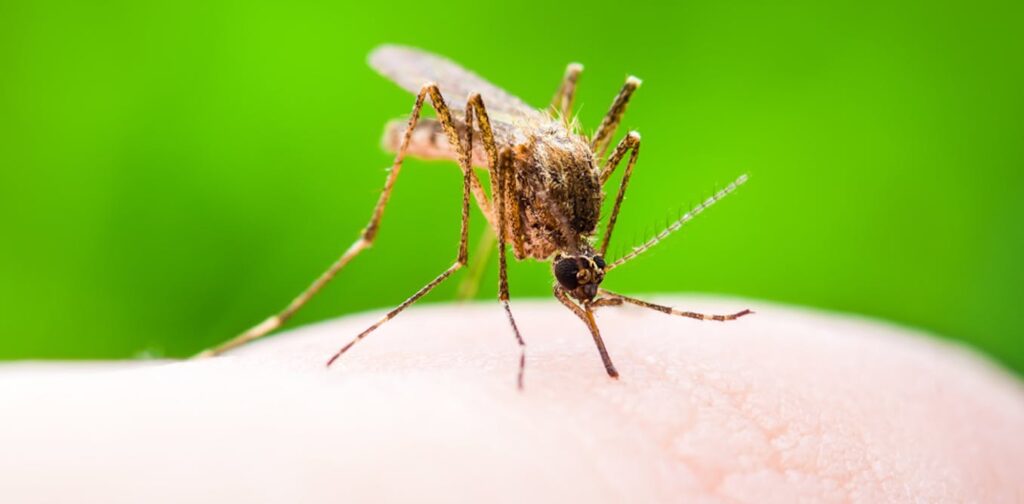Malaria in pregnancy complications
A Twin Danger: Malaria during Pregnancy
The parasite disease malaria, which is spread by mosquitoes, seriously endangers the health of expectant mothers and their unborn children. This blog post delves into the danger of congenital malaria (infection transferred to the newborn), probable pregnancy problems, and practical preventive measures.
Table of Contents

Why Is Pregnancy an Especially Risky Time for Malaria?
Malaria in pregnancy complications
Pregnant women are more vulnerable to contracting malaria because:
Reduced Immunity: Women are more susceptible to malaria parasites because pregnancy impairs immunity.
Blood Cell Changes: The makeup of red blood cells is changed during pregnancy, which makes the environment more conducive to the growth of parasites.
Sequestration in the Placenta: When parasites build up in the placenta, the fetus’s ability to get nutrients and oxygen is hampered.
Risks to the Mother’s Health During Pregnancy Associated with Malaria
Malaria in pregnancy complications
Pregnancy-related malaria infection can cause serious problems for the mother, such as:
- Anemia: Red blood cell destruction caused by malaria results in severe anemia and exhaustion.
- Low Birth Weight: Fetal growth can be restricted by placental malaria, leading to low birth weight newborns.
- Preterm Birth: An infection with malaria may raise the chance of an early birth, which puts the newborn’s health at danger.
- Maternal Mortality: Pregnant women may die from malaria in extreme circumstances.
Congenital Malaria: Infecting the Unborn Child
Malaria in pregnancy complications
Congenital malaria can result from infected moms giving malaria parasites to their unborn children. This may happen by:
- Placental Transmission: The growing fetus may become infected with parasites that have crossed the placenta.
- Peripartum Transmission: During delivery, a newborn may become infected with parasites from the birth canal.
For babies, congenital malaria can be fatal, presenting with symptoms such as:
- Anemia with Fever
- low birth weight
- breathing difficulties
- Convulsions
- delays in development
Prevention is the Key to Effective Malaria Prevention During Pregnancy
Malaria in pregnancy complications
Thankfully, there are a number of tactics that can guard against pregnancy-related malaria and shield both mother and child:
- Bed nets treated with insecticide (ITNs): Sleeping under an ITN dramatically lowers the risk of malaria transmission and mosquito bites.
- Intermittent Preventive Treatment (IPT): Throughout pregnancy, taking antimalarial medication at prescribed intervals helps stave off infection.
- Quick Diagnosis and Treatment: To reduce complications, malaria during pregnancy must be properly diagnosed and treated as soon as possible.
- Iron and Folic Acid Supplementation: Supplementing with iron and folic acid lowers the incidence of anemia and improves maternal health.
In conclusion, safeguarding mothers and infants against malaria
Malaria in pregnancy complications
Pregnancy-related malaria is a serious public health issue. However, the dangers can be greatly decreased with appropriate treatment, early diagnosis, and effective preventative measures. We can provide a safer environment free from the threat of malaria for expectant mothers and their unborn children by increasing awareness and putting preventive measures in place.


